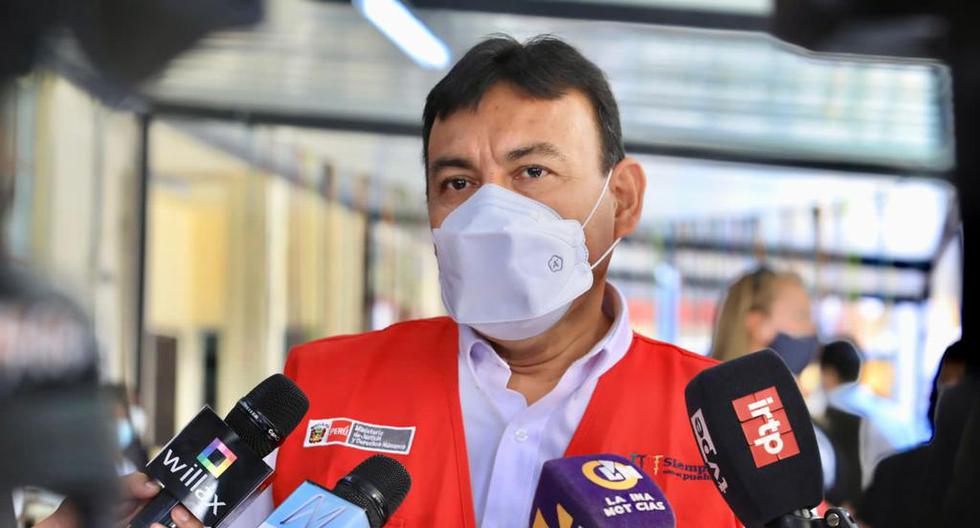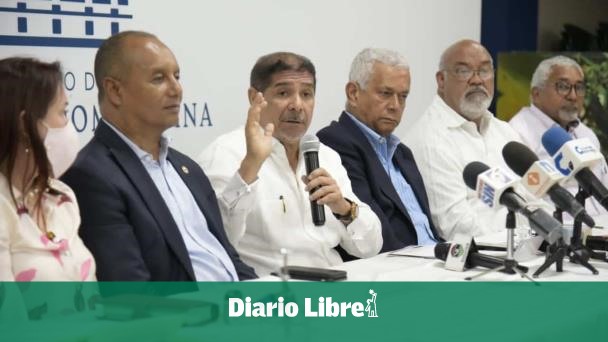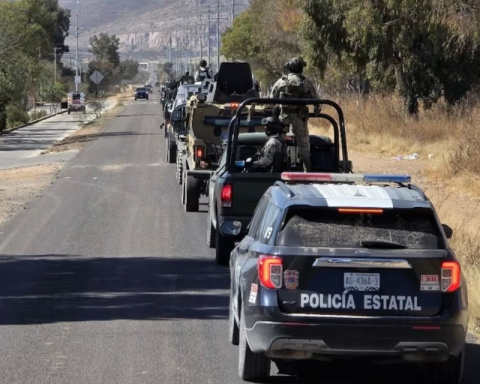The National Association of Journalists (ANP) spoke out against the bill that seeks to sanction prosecutors or judges who leak confidential information about investigations or processes to third parties with up to three years in prison.
Through its social networks, the entity described this proposal, announced by the Minister of Justice and Human Rights, Félix Chero, as a “potential risk” for the activity carried out by journalists, since he considers that it obstructs the contribution of justice to the investigation of the press.
“The ANP warns about the potential risk for journalistic activity if this project, proposed by the Ministry of Justice and Human Rights (Minjusdh), materializes.. Criminalizing the sources adds to the opacity and obstructs the contribution to justice from the journalistic investigation”, reads his account Twitter.
LOOK: Peru fell 4-5 to Australia on penalties and was left without Qatar 2022 [RESUMEN]
The association also spoke out against the bill approved last March by the Justice Commission of Congress regarding the possibility that journalists could be sentenced to prison for reporting on the testimonies of effective collaborators and investigations by the Public Ministry.
Finally, the ANP asserted that it will remain vigilant against this kind of proposal “attacks on journalistic work and that seek to criminalize the messenger”.
Bill
Last Sunday, the Minister of Justice, Felix Cheroannounced this bill, based on the fact that leaks affect due process, however, he specified that this does not affect freedom of expression, since journalists continue to have the right not to reveal their sources of information.
“We have identified two situations that have to be regulated by law, one is the issue that the criminal procedure code says that investigations are reserved. In other words, only the parties to the process can have access, we are not talking about the media, they have their own sources, there is freedom of expression and there is absolute respect”, He said in dialogue with Canal N.
“The proposal is for a suspended sentence, the proposal is two to three years of suspended sentence. Because if the investigation is reserved and leaks, this alters the entire investigation process and fundamental rights are affected,” he added.


















